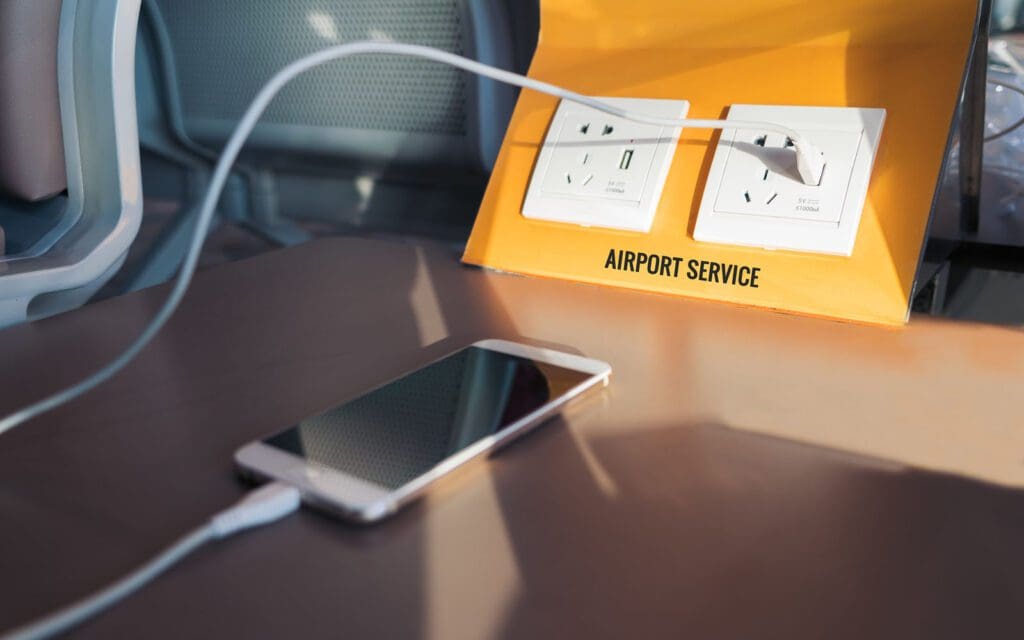Did you know that public charging points, such as those found in airports, hotels, cafes, and shopping malls, could be putting your personal data at risk? The FBI recently warned against using these charging points as criminals have figured out how to hijack USB ports to install malware and monitoring software onto devices as they charge.
The Risks of Public Charging Points
While the risk of “juice jacking” was previously thought to be more theoretical than real, it has become a growing concern with advancements in technology that have made it cheaper and more accessible for criminals to carry out these attacks. In fact, a recent study found that 80% of people have used a public charging station in the last year, leaving them vulnerable to potential data theft.
How Criminals Hijack USB Ports to Install Malware onto Devices
The most common charging cables, such as USB-C and lightning, are dual-purpose with pins for both charging and data transfer. When you charge your device, you only use the charging pins. However, a compromised charging port or a cable that someone may have left behind could use both charging and data pins without your knowledge. Criminals can then install malware onto your device, giving them access to your credentials and other personal data.
To protect yourself, it is best to always carry your charger and cord and plug it into a power outlet. If you have no other option but to use a public USB port, invest in something called a USB data blocker. This prevents data from being transferred while still allowing your device to charge.
Educating Employees and Protecting Your Business
As a business, educating employees on the risks of public charging points and providing them with the necessary tools and guidance to stay safe is important. We help businesses stay secure and productive at the same time.
Contact us to learn how we can help protect your organization from potential cyber threats.








